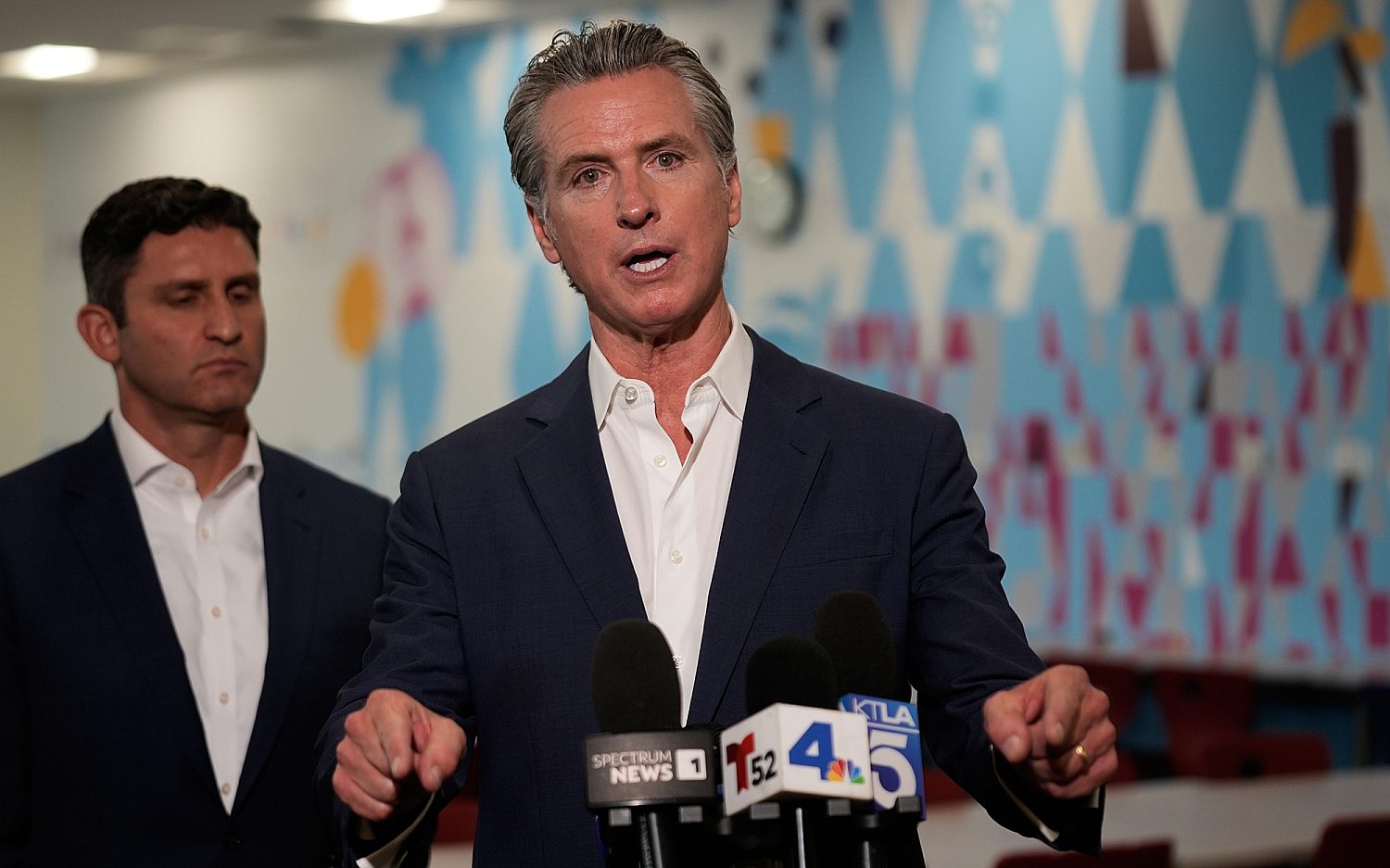Passing the baton
Born in the 1960s, the Messianic Jewish movement now looks to grow through the efforts of a new generation of leaders
Jews around the world flocked to synagogues earlier this week to celebrate Rosh Hashanah, the Jewish New Year and the beginning of the High Holy Days: 10 days of repenting and making amends before Yom Kippur, the day of atonement. At Simchat Yisrael Messianic Congregation in West Haven, Conn., the service followed the traditional format of liturgies, prayers, and the blowing of a horn called the shofar, but the tone is different. Congregants confess their sins knowing that God has forgiven them through the death of His son, Jesus—or Yeshua in Hebrew.
“With our faith in Yeshua, ultimately we know He is the Lord of forgiveness,” said Simchat Yisrael’s Messianic Rabbi Tony Eaton. “In traditional synagogues it is left up in the air. They believe God is forgiving, but the guarantee is not there.”
Simchat Yisrael is one of more than 400 Messianic Jewish congregations worldwide, which grew out of the Jesus movement in the mid-1960s, when a group of Jews who had accepted Yeshua as Messiah began to embrace their Jewish heritage.
“Jews wanted to recapture their identity,” said Joseph Rosenfarb, who had grown up an orthodox Jew and became a believer during the early years of the movement. “It was apparent they wanted worship that befit their background. Many were not comfortable with church. They wanted something that pools from their backdrop.”
Rosenfarb, now rabbi of Beth Messiah Synagogue in Tidewater, Va., began to understand that Yeshua was the Messiah foretold in prophecy after a friend invited him to a Bible study, where he read the New Testament for the first time.
Many of the Messianic believers from that era, like Rosenfarb, went into ministry, forming Messianic congregations separate from the church that kept some of the old Jewish traditions while focusing on New Testament fulfillment. These early leaders wanted to show that Yeshua and Judaism were compatible, but they faced skepticism from both sides.
“It was a radical thing,” Rosenfarb said. “The church felt they were going to Judaism. Jews thought they were missionaries in Jewish clothing.”
Many Jews view belief in Yeshua as Messiah as the distinguishing line between Jews and Gentiles. According to the Central Conference of American Rabbis, “Anyone who claims that Jesus is their savior is no longer a Jew and is an apostate.” Anti-missionary organizations began to form to counter Messianic Jewish outreach.
Still the movement continued to grow: By 2008, there were 250,000 members of Messianic Jewish congregations in the United States, with an estimated 6,000 to 15,000 in Israel. But over the past four decades, congregations aged, the music became dated, and the once-young founders had families and children who now have a difference experience of being Messianic Jews.
“These are young people who have been born into the movement,” said Joel Chernoff, lead singer of the popular 1970s Messianic Jewish rock band Lamb. “Back in the ’60s there was no movement, the whole infrastructure had to be created. There are now [more than 400] congregations, but back then there were zero. Now being Jewish and believing in Jesus isn’t unusual.”
This younger generation has struggled with different issues than its parents, mainly about how their Messianic Jewish identity plays into their everyday life. Some disengaged from the movement, turning to mainstream Christianity or Judaism, or to no religion at all.
Seeing the need to raise up new leaders in the movement, Messianic Jewish groups began to expand youth camps and conferences, started leadership training programs, and created opportunities for youth to become more involved.
Some younger members have risen to the challenge. For instance, last month, a group of young adults in their 20s and 30s put together a three-day Messianic Jewish music festival near Asheville, N.C. With more than 1,000 people in attendance, the Asheville Music Festival presented a fresh perspective on Messianic Jewish music and art.
While the music style differed from the minor keys of traditional Messianic Jewish music—with musicians playing reggae, Celtic music, acoustic, rap, and even dubstep—much of the lyrics still focused on love for Yeshua, a burden for the Jewish people, and a heart for Israel.
“This is a new thing. It’s exciting to see our generation step up,” said Danielah Blackburn, 26, who is writing a book about how her Jewish grandmother came to Christ. “We don’t want to just redo what our parents did. … They had to prove themselves. They came out of an identity crisis. Now a new lot is raised, and we’re confident about who we are.”
An actual newsletter worth subscribing to instead of just a collection of links. —Adam
Sign up to receive The Sift email newsletter each weekday morning for the latest headlines from WORLD’s breaking news team.





Please wait while we load the latest comments...
Comments
Please register, subscribe, or log in to comment on this article.